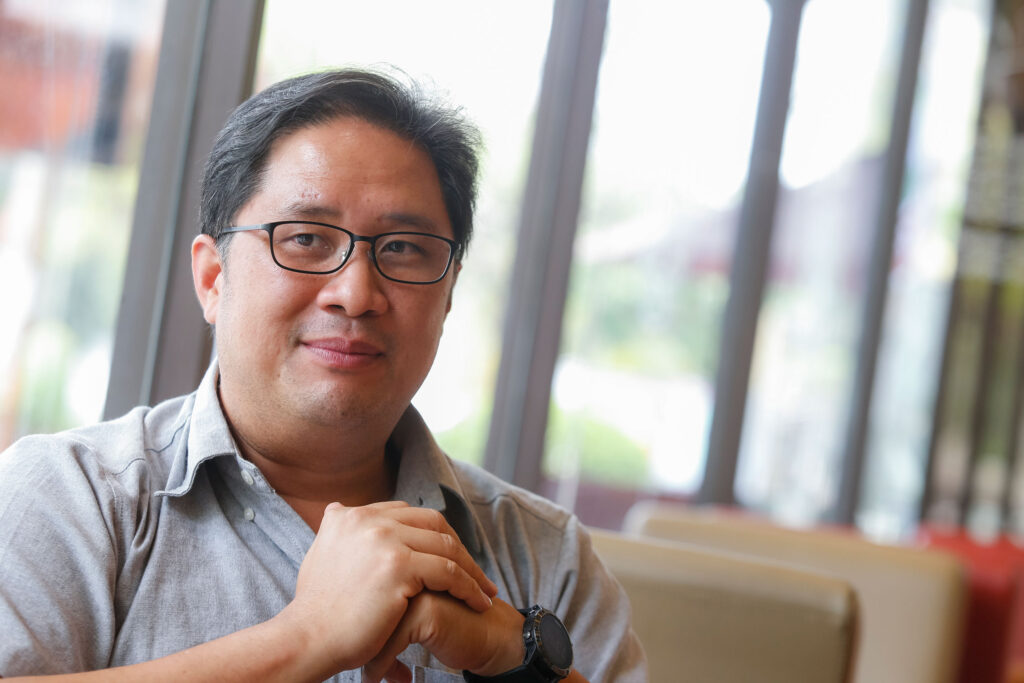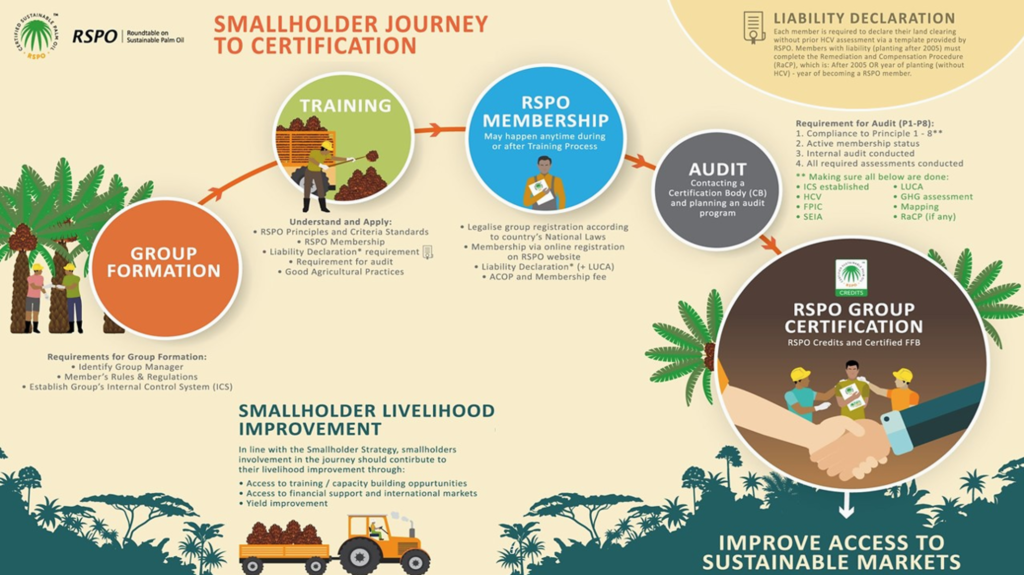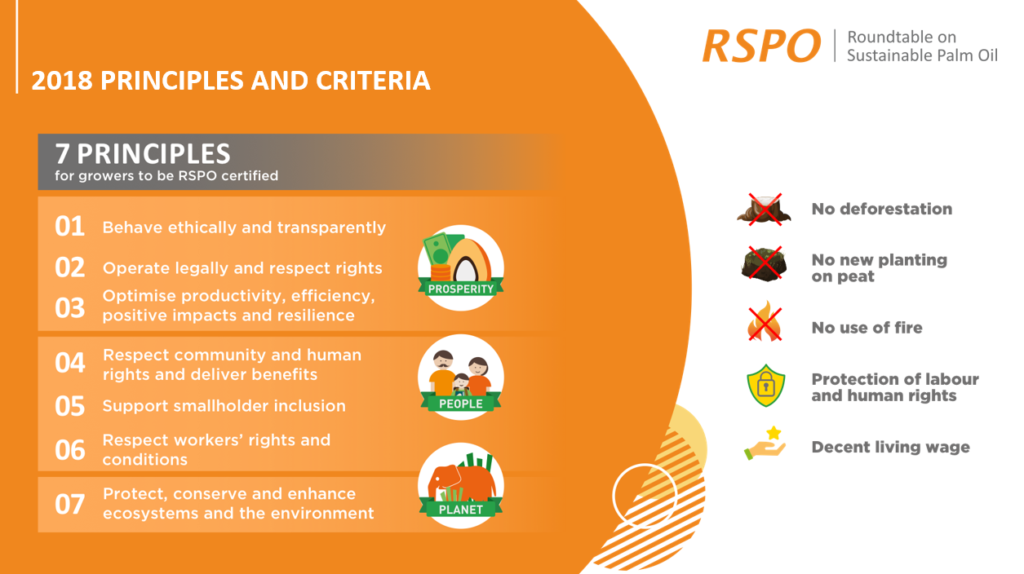Gaysorn and Morakot are two cooking oil brands well-known among local households in Thailand and neighbouring countries for generations. These two brands have committed to not only promoting Thailand’s palm oil production but also sharing responsibility in the sustainability of the supply chain to meet international standards.
Sanin Triyanon, Chairman of the Thai Biodiesel Producer Association and Managing Director of Patum Vegetable Oil Company Limited under the brand Gaysorn, shared his view that sustainable palm oil consumption should be strengthened to increase market competitiveness of the palm oil industry in Thailand.

under the brand Gaysorn
“The fact that the country does not face criticism and international pressure over environmental concerns compared to neighbouring countries, Indonesia and Malaysia, who are regarded as the world’s largest and second largest palm oil exporters, should be a plus and a room for development for the Thai key palm oil players throughout the supply chain to put into practice the principle of business sustainability and prepare for a possible soaring demand on sustainable palm oil.”
“There is room to grow for the sustainable palm oil market in Thailand as more consumers in major consuming countries are demanding sustainable palm oil products that support communities and safeguard the environment.”

Policymakers and large-scale palm oil manufacturers can support oil palm smallholders through microfinance programmes, capacity building of sustainable farming in order to enhance competitiveness of Thai palm oil products and opportunities in the global markets. Raising public awareness on palm oil consumption is also essential to boost market competitiveness both at domestic and international levels, he said.
“Collaboration between policymakers in setting direction and implementation guidelines, as well as with the private sector in working directly with small-scale oil palm growers and consumers are key steps to transforming Thailand’s palm oil production to meeting the international standard,” he said.
Patum Vegetable Oil has become the first Thai company certified by the Roundtable on Sustainable Palm Oil (RSPO) for responsible oil palm plantation management in 2012. The certification, awarded by the RSPO accredited certification body, endorses the company’s business in compliance with global demand for sustainable palm oil production.

“Increased environmental awareness among consumers sows significant implications on credibility for many business operations, including the palm oil industry. As a palm oil-producing nation, Thailand should take stock of this rapid shift and prioritize business sustainability with shared responsibility in the interest of public benefits.”
The RSPO standard is recognized as one of the key tools for increasing farmers’ productivity, reducing production costs and improving the sustainability of oil palm cultivation; achieved by training oil palm smallholders how to more effectively manage their plantations and use the suitable amount of fertilizers at the right time. In the long run, such improved efficiency will enhance overall competitiveness and market share among palm oil players, including oil palm smallholders, for greater industry growth.
“The implementation of RSPO will undoubtedly ensure a sustainable positive impact on the livelihoods of oil palm smallholders and local communities while safeguarding ecosystem services for the future to come.”, she added.

By virtue of the shared commitment and responsibility between the two local palm oil brands, sustainable palm oil cultivation and production is well underway in Thailand.
“As a palm oil producer, we would like oil palm smallholders to be regarded as one of the key players in the supply chain and to have a better quality of life and livelihood. We would also like to see sustainable palm oil being put into practice nationwide for the benefits of business sustainability for future generations,” she said. ■
Related Articles
“i-PALM”, a mobile application set to boost sustainable palm oil standard
Writer: Thitinai Pongpiriyakit, GIZ Thailand’s Agriculuture and Food Cluster A tailor-made data management mobile application called “i-PALM” is ready to help Thai oil palm smallholders boost th...
Collective action needed to increase the market for sustainable palm oil in Thailand
Writer: Agriculture and Food Cluster Team Engaging oil palm smallholders in the supply chain could be key to transforming the palm oil industry From left to right: Dr. Bernd Christiansen, Counselor fo...
Organic Products: Alternative Income from the Oil Palm Plantation
Writer: Thitinai Pongpiriyakit, GIZ Thailand’s Agriculuture and Food Cluster Unstable palm oil prices on the global market and the increasing costs of oil palm plantations have affected local oi...
